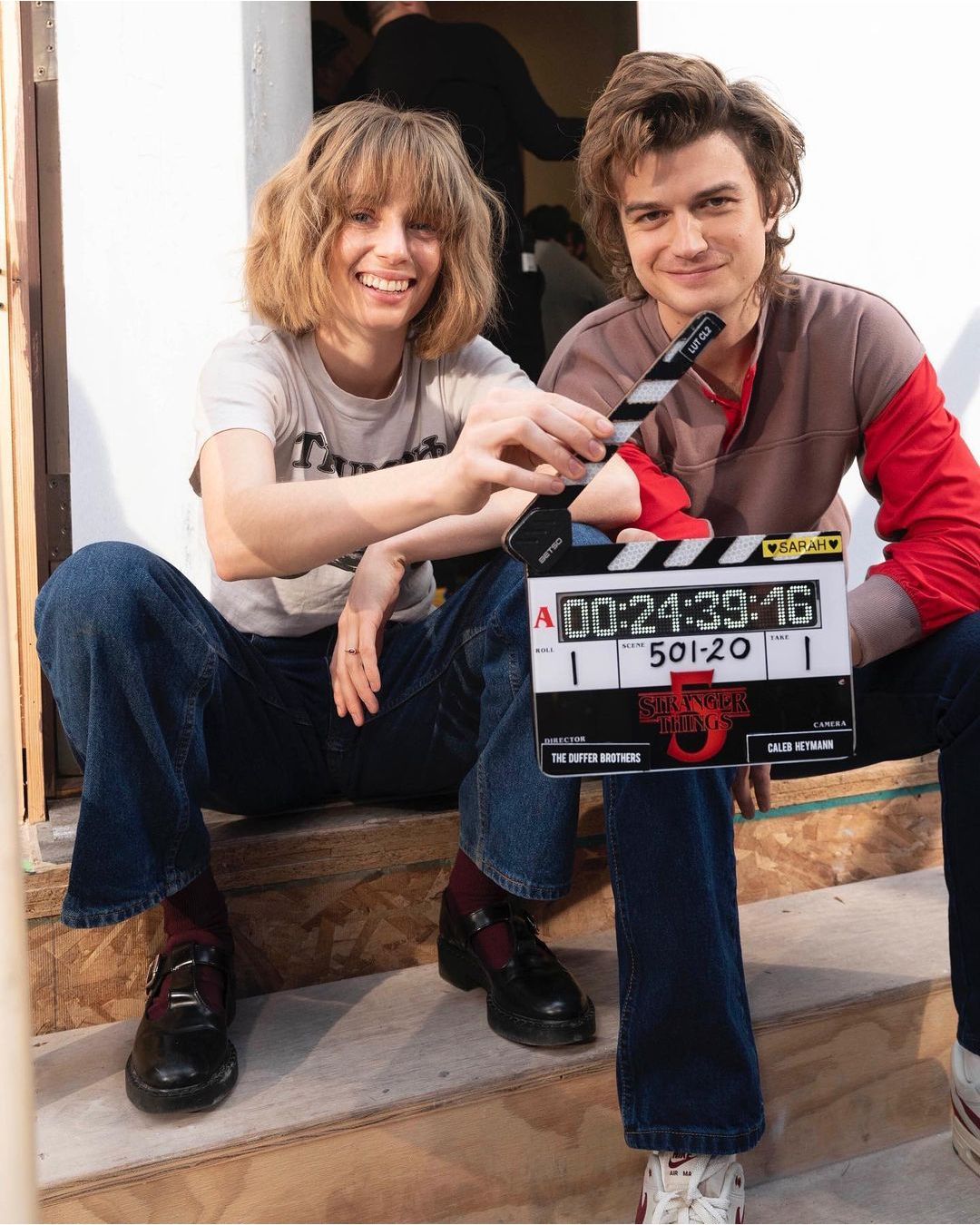
Can't TV shows tell realities anymore? Euphoria, Gossip Girl and that unbridgeable gap between fiction and reality
When Lost made its debut in the United States in 2004, the world of television series found itself facing the proverbial turning point. From that moment on, television series have no longer been seen as a pastime for Sunday afternoons, but as a valid competitor of cinema, capable, over the years, of attracting more and more famous names, reaching the quality that we have all come to know with the advent of streaming platforms. Now media par excellence, TV series have become more than just entertainment, but also a medium capable of telling the story of reality, giving voice to those who normally would not have it and opening scenarios that until a few years ago we could never have seen sitting on the couch of our living room at home. But in its continuous evolution, something seems to have gone wrong, bringing television seriality into a short circuit in which the "tale of reality" has become a caricature of reality itself, unrelated to what it would like to describe and often an unintentional parody.
In this detachment from reality, it is impossible not to immediately think of Euphoria, the HBO series starring Zendaya that tells the life of a group of teenagers in a glamorized version in which all too often we have to resort to the suspension of disbelief to appreciate the real merit of Sam Levinson's work, the aesthetics. Impeccable visually, the series often seems "too good to be true" leading us to ask how much a television series still knows how to tell reality, but more importantly how much it really wants to. "For me, it has no interest," Levinson had responded in an interview with Vulture in which he was asked about his interest in realism in Euphoria. "I know we get that criticism a lot. And yes, it's not real," the series creator had concluded, unintentionally answering the question about the relationship between TV series and reality storytelling. Perhaps the answer lies in the middle, in a tale of a reality that wants to represent another side of the same coin. Maybe this is one of the reasons why influencers seem to have become a fixed presence in several TV series, a direct way to create an immediate contact with the viewer who is ready to see a fictitious version of a character he or she is already familiar with. This is true for the casting of Luka Sabbat in Grown-ish, but it is especially true for the casting of Evan Mock in Gossip Girl in which the model plays a revised and corrected version of himself in the revival of the series that aired in 2007 and here forced to deal with a visual and thematic update. If visually Mock and the rest of the cast can count on the costume design of Eric Daman, already at work on the original series as well as on Sex and the City, the stories of the students of a private high school in Manhattan fully represent the detachment from reality in which each episode seems to want to put a cross on the boxes of themes to be dealt with in the lives of a group of teenagers according to a fifty year old screenwriter.
It's the risk of revivals, when a product once perfect must clash with the changing times to turn into the worst version of itself. A parable similar to that of And Just Like That, the sequel to Sex and the City ended up in recent weeks at the center of more than one controversy for the choices made by Darren Star to repropose on the scene Samantha, Charlotte and Miranda. A bit like in Gossip Girl, the evolution of the characters years after their last appearance on TV ended up clashing with the need, if not the obligation, to tell something far from the spirit of the original product, ending up denying it if not completely at least in good part. Miranda's evolution, recounted by Sonia Rao in the Washington Post in "How Miranda went from 'Sex and the City's' most relatable character to 'And Just Like That's' most frustrating", is the perfect example of the state of much of television seriality, one that prefers to undermine the narrative, the credibility of the story, to try to intercept the favor of an audience that, in the era of Succession, has been accustomed very well.















































